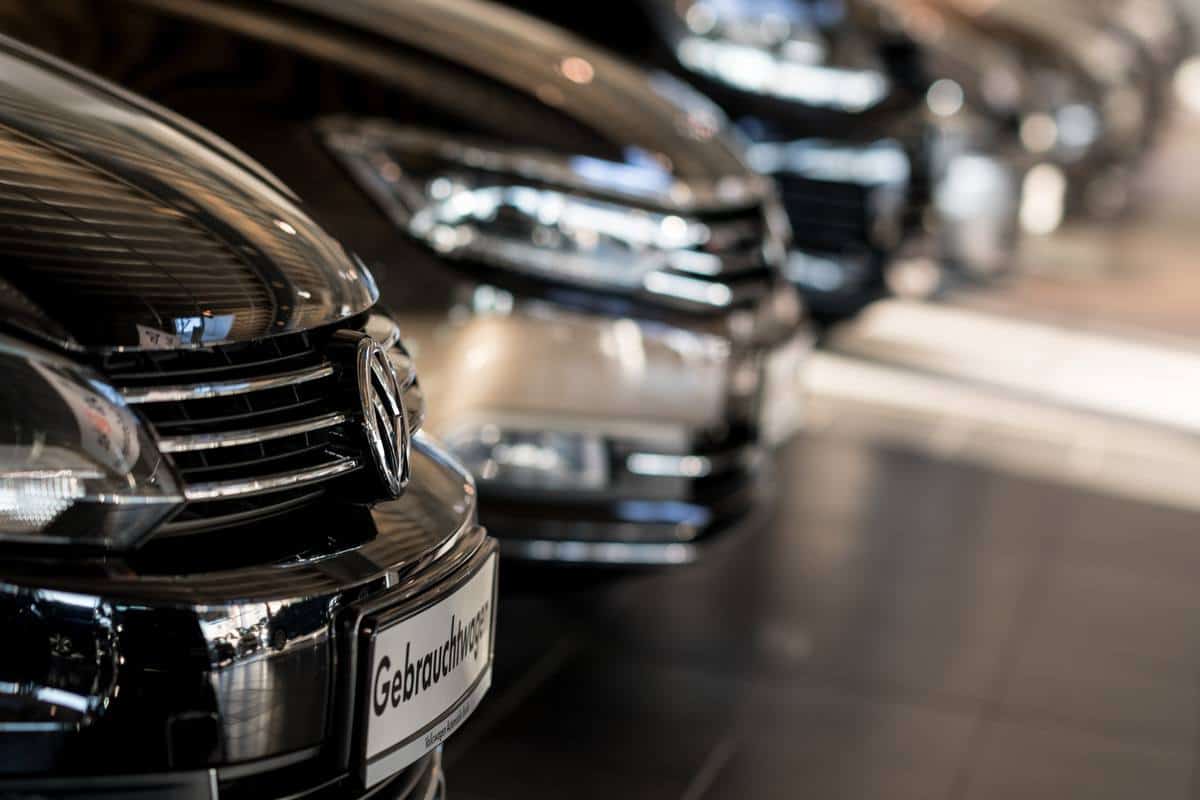German legacy automaker Volkswagen is apparently exploring a potential partnership with other electric automakers to aid in its planned development of lower-cost electric vehicles, the Financial Times reported.
The move is part of the company’s efforts to stay competitive against the growing presence of Chinese rivals in Europe.
VW plans to launch sub-€25K EV
Volkswagen aims to finalize its plans to produce an electric vehicle with a base price of less than €25,000 (over $27,000) in late 2024, according to CEO Oliver Blume’s announcement in a press conference in Berlin.
However, Chief Financial Officer Arno Antlitz asserted that it was “so difficult to make money in such a segment.” In that sense, the German automaker was “considering co-operation” to alleviate that concern by “hoisting the platform on more shoulders.”
Significance
Electric vehicle models currently available in the European market cost €15,000 (over $16,000) more compared to their traditional internal combustion engine-powered counterparts.
In that sense, lowering EV prices to at least match ICE cars’ affordability is very critical for local brands to stay competitive on their home turf against Chinese-made models in the following years. It can attract new customers to join the shift to electric vehicles.
As of now, very few models hit the sub-€30,000 price range in the European market. In that sense, CEO Blume previously forewarned that the company cannot develop a €20,000 (over $21,000) EV until 2030, highlighting the European brands’ struggle to launch cheaper models in the region.
These affordability challenges are unsurprising, considering the high production cost of electric vehicles. Its batteries tend to account for at least 40% of the overall cost of electric vehicles.
Potential partner
France’s Renault verified news last month that it was in discussion with Volkswagen about a potential partnership in electric vehicle development.
The two companies are apparently eyeing the possibility of jointly developing and producing lower-cost electric vehicle models to compete with cheaper Chinese EVs.
Notably, Renault’s auto brand, Dacia, recently stated that its China-imported Spring EV would cost under £15,000 in the UK. However, selling EVs for that price in Europe would require automakers to cut production costs further.
Considering that VW plans to launch its cheapest offering, ID.2, in 2025 for about €25,000 (over $27,000, it would be interesting to see how it can produce such a mass-market model.
The European Union set a target to phase out traditional ICE-powered vehicle sales in the region by 2035. Therefore, VW’s plan to launch a lower-cost EV model will enable it to boost its sales in the coming years and become fully prepared before the 2035 deadline.

